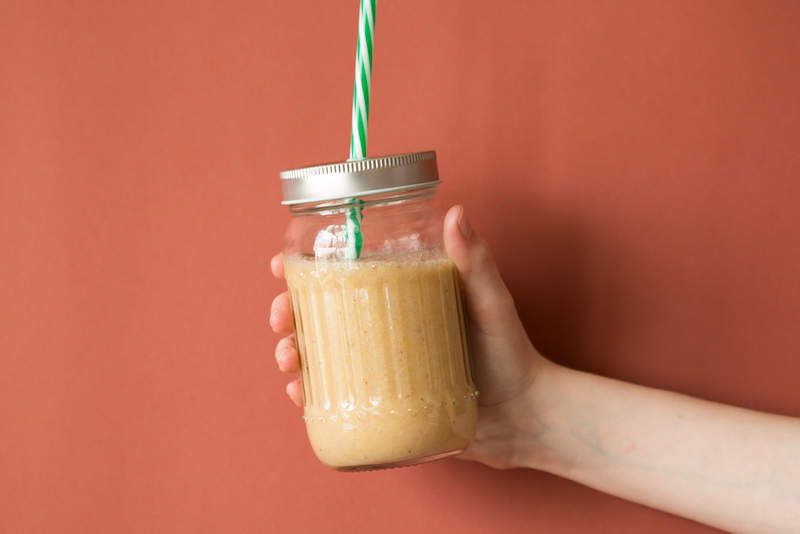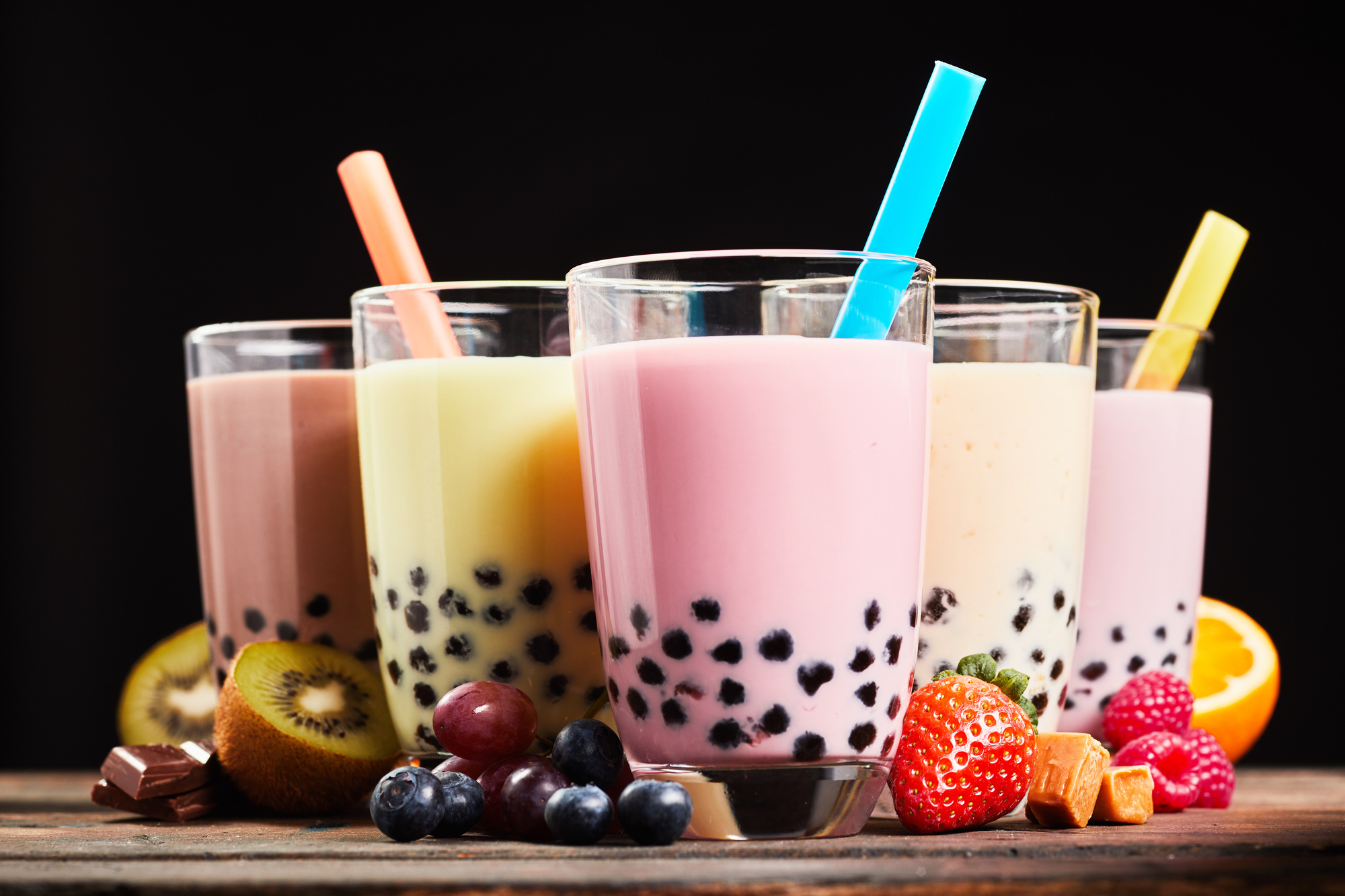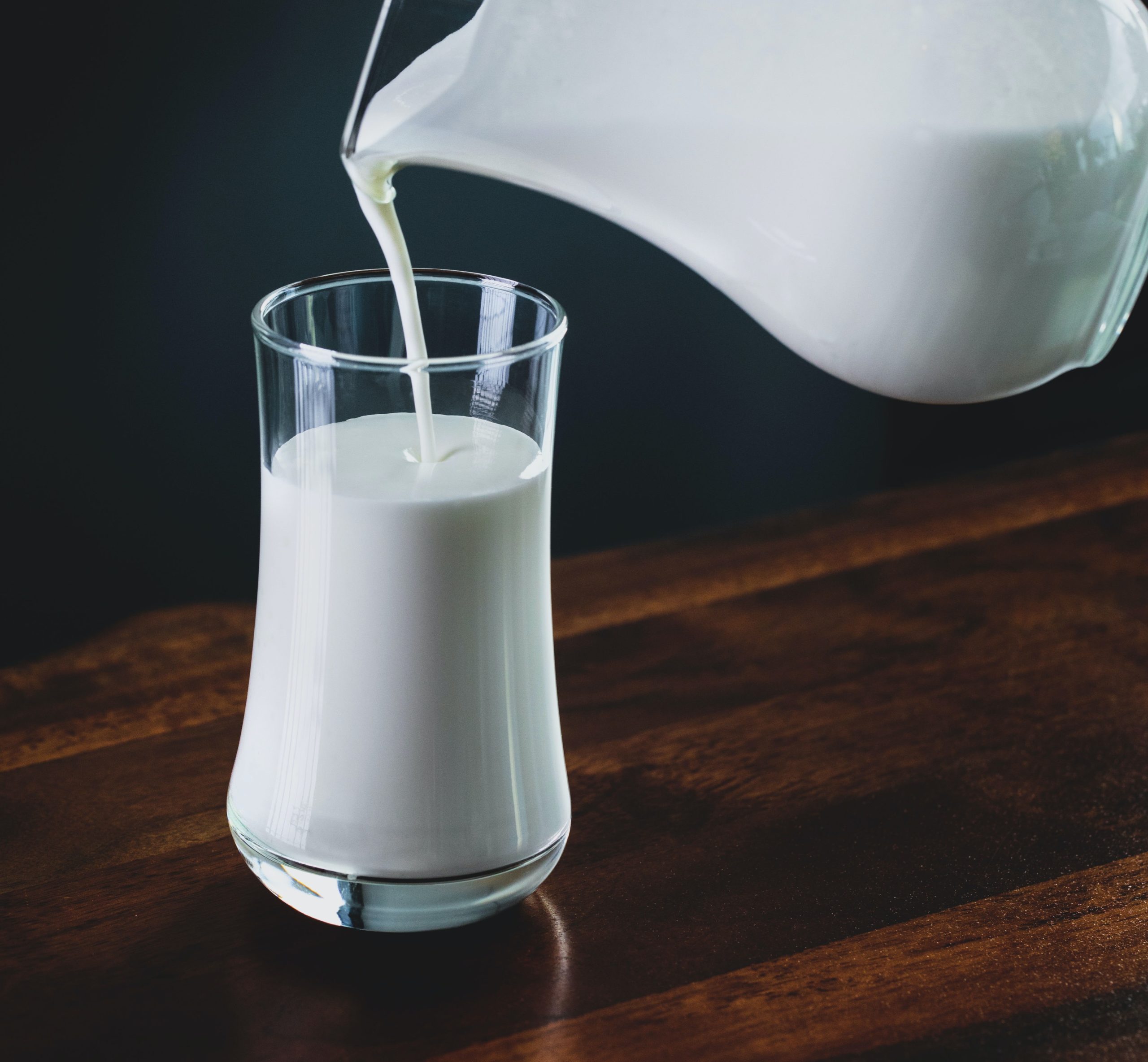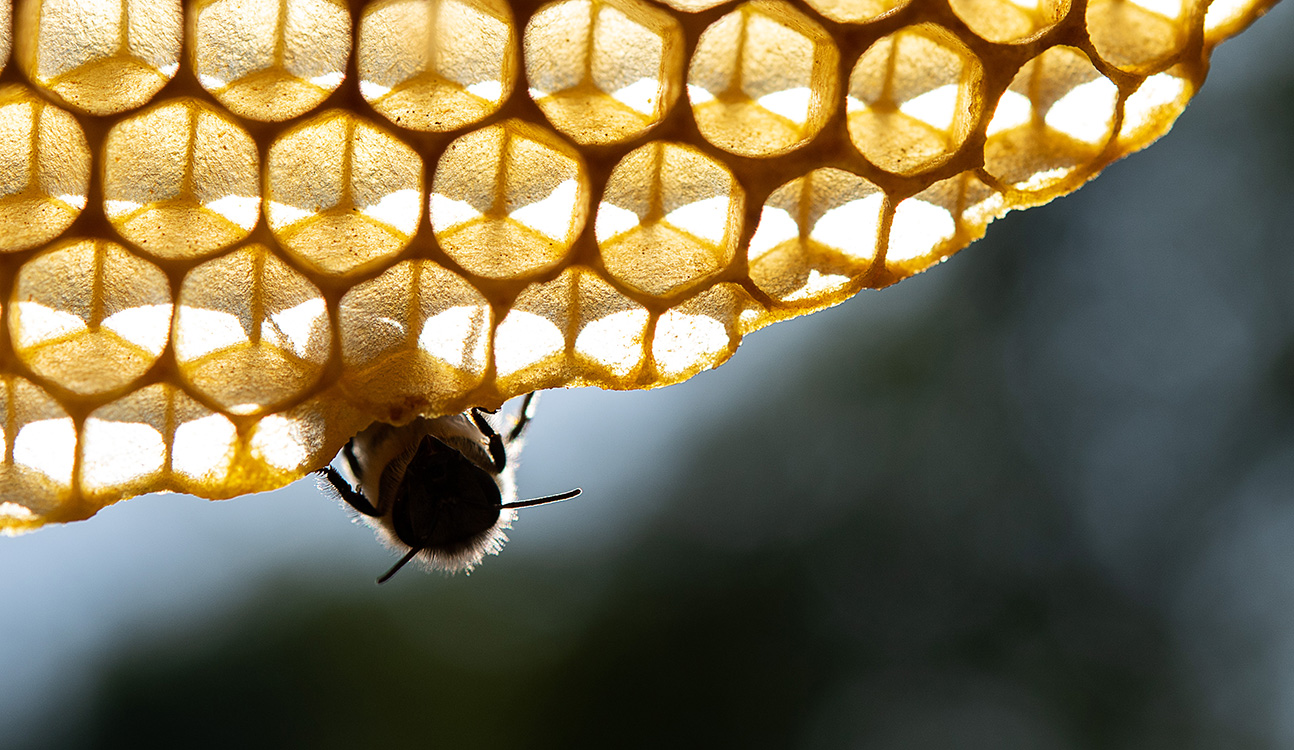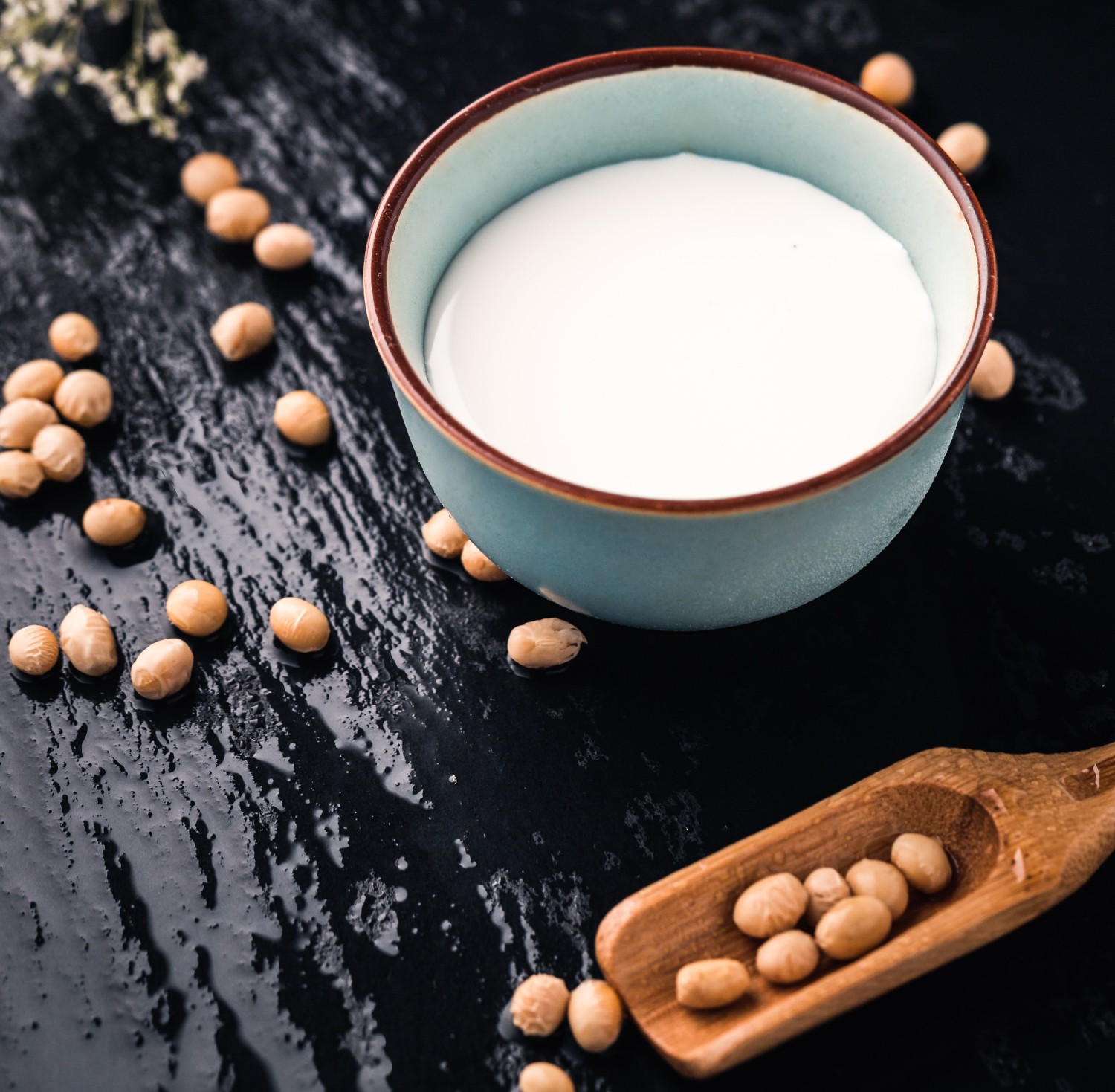Considering that 75% of the world’s adult population is lactose intolerant, it’s not surprising that plant milk is the top-selling product in the entire plant-based food sector. But it’s not just about lactose intolerance – people choose plant milks over cow’s milk for a variety of reasons, whether it is for their nutritional value, animal welfare, lower environmental impact, to avoid dairy allergens, or simply out of personal preference. In this article, ProVeg South Africa outlines 5 reasons to try plant milk on World Plant Milk Day, 22 August.

